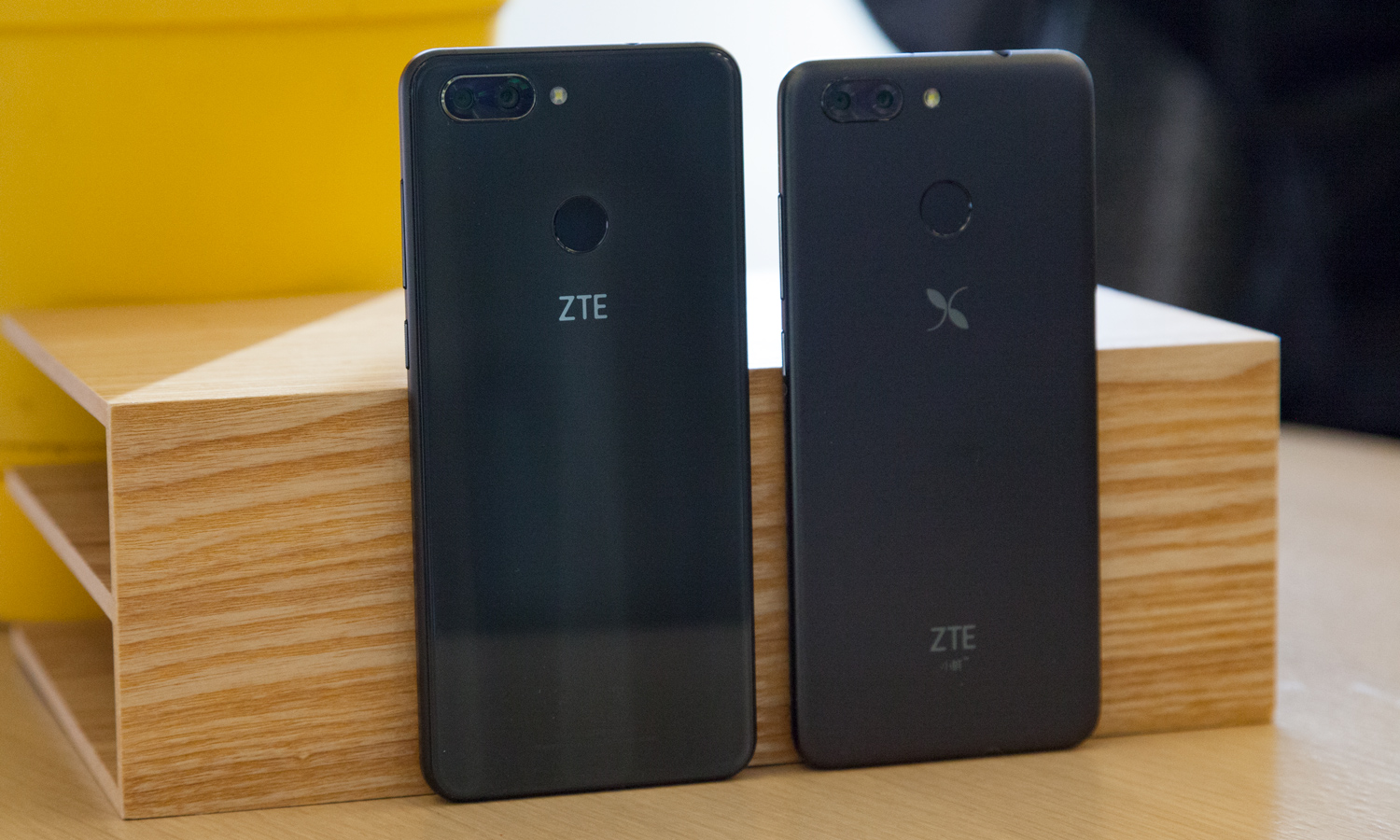ZTE Is No Longer Making Phones
Less than a month since ZTE was hit with a ban from the U.S. government, the company has shut down production.
Here at Tom’s Guide our expert editors are committed to bringing you the best news, reviews and guides to help you stay informed and ahead of the curve!
You are now subscribed
Your newsletter sign-up was successful
Want to add more newsletters?

Daily (Mon-Sun)
Tom's Guide Daily
Sign up to get the latest updates on all of your favorite content! From cutting-edge tech news and the hottest streaming buzz to unbeatable deals on the best products and in-depth reviews, we’ve got you covered.

Weekly on Thursday
Tom's AI Guide
Be AI savvy with your weekly newsletter summing up all the biggest AI news you need to know. Plus, analysis from our AI editor and tips on how to use the latest AI tools!

Weekly on Friday
Tom's iGuide
Unlock the vast world of Apple news straight to your inbox. With coverage on everything from exciting product launches to essential software updates, this is your go-to source for the latest updates on all the best Apple content.

Weekly on Monday
Tom's Streaming Guide
Our weekly newsletter is expertly crafted to immerse you in the world of streaming. Stay updated on the latest releases and our top recommendations across your favorite streaming platforms.
Join the club
Get full access to premium articles, exclusive features and a growing list of member rewards.
Well, that didn’t take long. Less than a month since ZTE was hit with a ban from the U.S. government, the Shenzhen, China-based telecommunications firm has just confirmed it has ceased "major operating activities."

ZTE issued the announcement to the Hong Kong Stock Exchange today (May 9), attributing the shutdown to the Denial Order issued by U.S. lawmakers in April. For now, the company’s products remain on store shelves around the world, though according to the Nikkei Asian Review by way of Quartz, some carriers in ZTE’s home nation are no longer offering them.
A visit to ZTE’s global site for devices redirects users to the corporate portal, although at the time of writing the U.S. site is still functioning normally, with links to buy phones through carrier partners.
MORE: Moto Now Owns the Budget Phone Market — And That's a Problem
While ZTE has evidently halted production for the time being, the company is actively talking to the U.S. government to “facilitate the modification or reversal” of the ban, according to the statement. ZTE says it is nevertheless financially stable and will continue to uphold its commercial obligations in the meantime.
Today’s news is the latest in a saga dating back to March 2017, when ZTE was discovered to have been illegally exporting products containing U.S.-sourced components to Iran and North Korea. The telecom giant was forced to pay more than $800 million in penalties for that transgression, and was directed to rebuke all personnel responsible as part of its plea deal.
That brings to last month, when a U.S. Department of Commerce investigation found that ZTE retained all of those employees and paid them bonuses. In response, the U.S. government served the company with a ban, forbidding it to use any U.S.-sourced technology in its products for seven years.
Get instant access to breaking news, the hottest reviews, great deals and helpful tips.
ZTE responded by calling the ban unfair, saying it was delivered “before the completion of the investigation of facts.” The company added that the “Denial Order will not only severely impact the survival and development of ZTE, but will also cause damages to all partners of ZTE including a large number of U.S. companies.”
ZTE, which uses Qualcomm processors in many of its phones and exclusively employs Google’s Android operating system and apps, indeed relies on U.S. companies to a significant degree. Sales through U.S. prepaid cellular carriers, such as T-Mobile and Boost Mobile, are also responsible for a major portion of its business. Spokespeople from both networks declined to comment on today's announcement when we reached out. Tom's Guide has also contacted ZTE, and will report back as soon as we hear anything.
Photo Credit: Shaun Lucas/Tom's Guide
Adam Ismail is a staff writer at Jalopnik and previously worked on Tom's Guide covering smartphones, car tech and gaming. His love for all things mobile began with the original Motorola Droid; since then he’s owned a variety of Android and iOS-powered handsets, refusing to stay loyal to one platform. His work has also appeared on Digital Trends and GTPlanet. When he’s not fiddling with the latest devices, he’s at an indie pop show, recording a podcast or playing Sega Dreamcast.
-
joeyragul Learn to read and comprehend first, before casting a judgement.Reply
US ban America-owned companies from selling phone components to ZTE.
Thus they couldn't create phones without Android from Google, and other semiconductor parts from US companies. Effectively starving them of needed production supplies; which means they can't create phones.
 Club Benefits
Club Benefits










